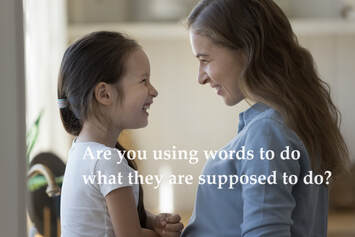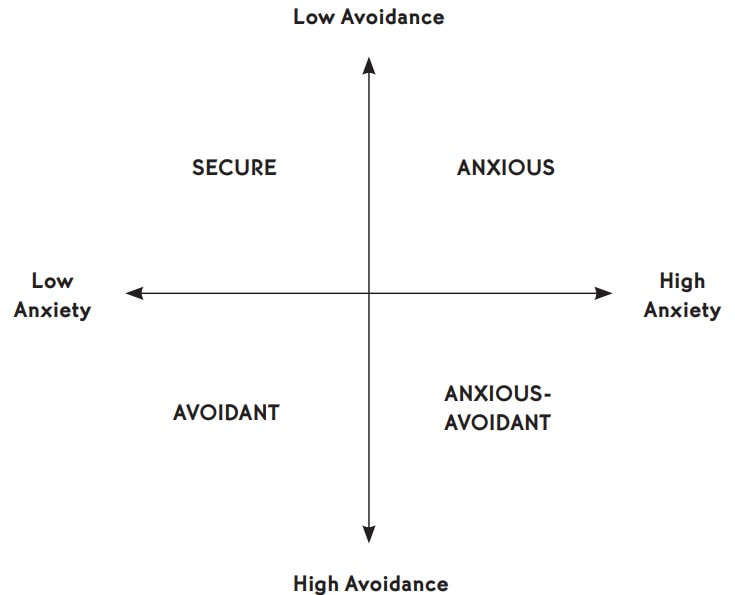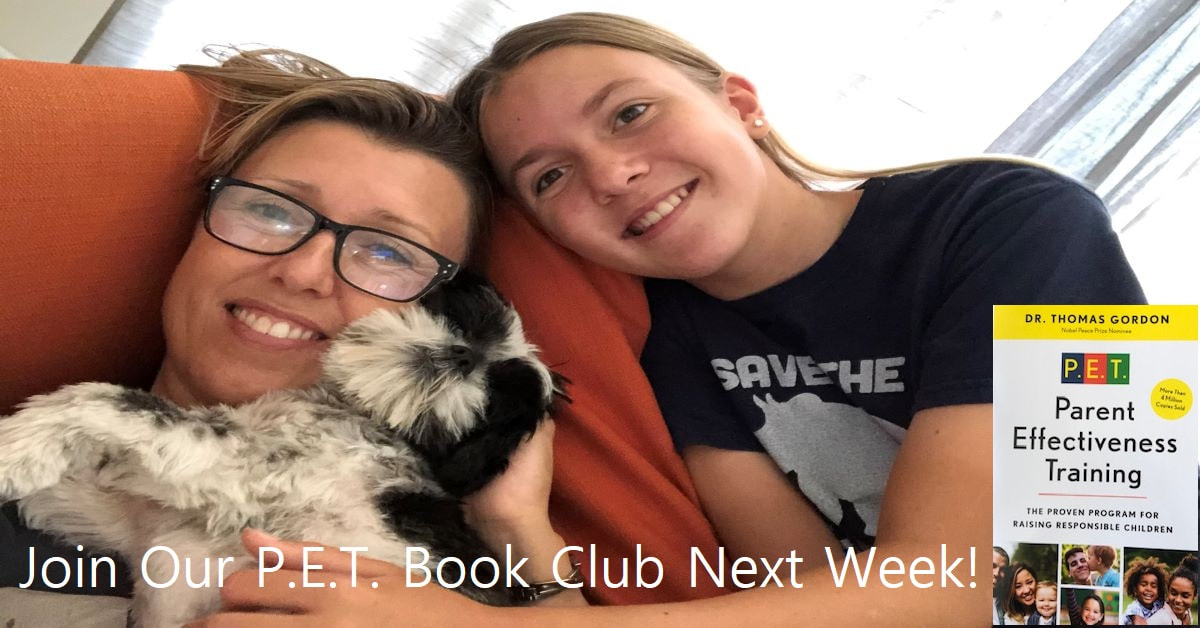| I'm excited to share two heartwarming stories illustrating how Parent Effectiveness Training can make a positive impact on your relationship with your children. If you're curious about how to make your winter break less stressful and more enjoyable with your kids:
|
The morning started out rough with my (almost) 5 yr old hitting her dad when he said no to macaroni and cheese for breakfast. And it just kind of escalated from there, complaining and breaking down about one thing and then the next. She was crying about snacks and went to her room. She moved herself to the top of the stairs, still wailing.
I put my toddler in her safe space and went up and said let's go talk in your bed. So, lots of eye contact and she had my full attention;
- "You really wanted that macaroni and cheese."
- "Yes!"
- "You've been waiting all day for it and you're upset you have to wait till lunch."
- "Yes! I haven't had macaroni and cheese in sooooooo long ...... and I'm jealous you pay so much attention to Maya!"
- "Maya takes a lot of my attention, doesn't she."
- "Yes and at the pool you just pay attention to her!"
- "And you're really wanting to learn to swim and you need my help."
- "Yes! Can't daddy come to the pool and watch Sasha?... you made me wear a puddle jumper in the deep water when I was playing with Addy. I didn't want to!"
So, we kept talking. I didn't remind her she has swim lessons- that she's been begging for!- all by herself all next week. I didn't "remind" her of the good in her life. My role was surprisingly easy. I just Active Listened.
She asked for 2 cakes like her cousin-- 1 at her birthday party and 1 on her birthday-- and I said yes.
And then she surprised me with---"I want to take a nap."
I laid with her and she went to sleep.
I collected my jaw off the floor and exited her room.
Thanks for the tool, P.E.T.!
I have been in a power struggle with my 16 year old daughters over homework, going to bed, leaving for school on time, you name it. Mostly when I talk to her, she tells me;
- "go away",
- "leave me alone", or
- "this is the reason that I don't talk to you"...
One night, I discovered her staying up until 2:00AM, covering her door with a blanket to conceal the light! I yelled at her (for the 2nd time that day), demanding she immediately go to bed!
I knew I had to change drastically when she casually mentioned one day:
- "I am too scared of you and dad to talk to you guys about school."
I had read the PET book years ago and decide to take the PET class. The first session about problem ownership blew me away. The entire program changed me. It dawned on me that when my own parents visit me, I also think to myself:
- "go away",
- "leave me alone", or
- "this is the reason that I don't talk to you"...
Now, I am parenting my daughter differently. I first consider "who owns the problem" before I choose the skill to address the issue.
My daughter texted me today:
I know there is still a lot of work to do, but I am thrilled to be communicating with her again, and her grades are going back up!
Pick the P.E.T. Class that works best for your schedule:
Saturday Morning
Feb 11th - April 7th 2024 (8 weeks)*
9:00AM - 12:00PM PACIFIC TIME
* NO Class March 31st Easter Weekend
Tuesday Evenings
Feb 13th - Apr 9th 2024 (8 weeks)*
6:00PM - 9:00PM PACIFIC TIME
* NO Class April 2nd
Thursday Mornings
Feb 15th - Apr 11th 2024 (8 weeks)*
9:00AM - 12:00PM PACIFIC TIME
* NO Class April 4th
Enroll Now











 RSS Feed
RSS Feed